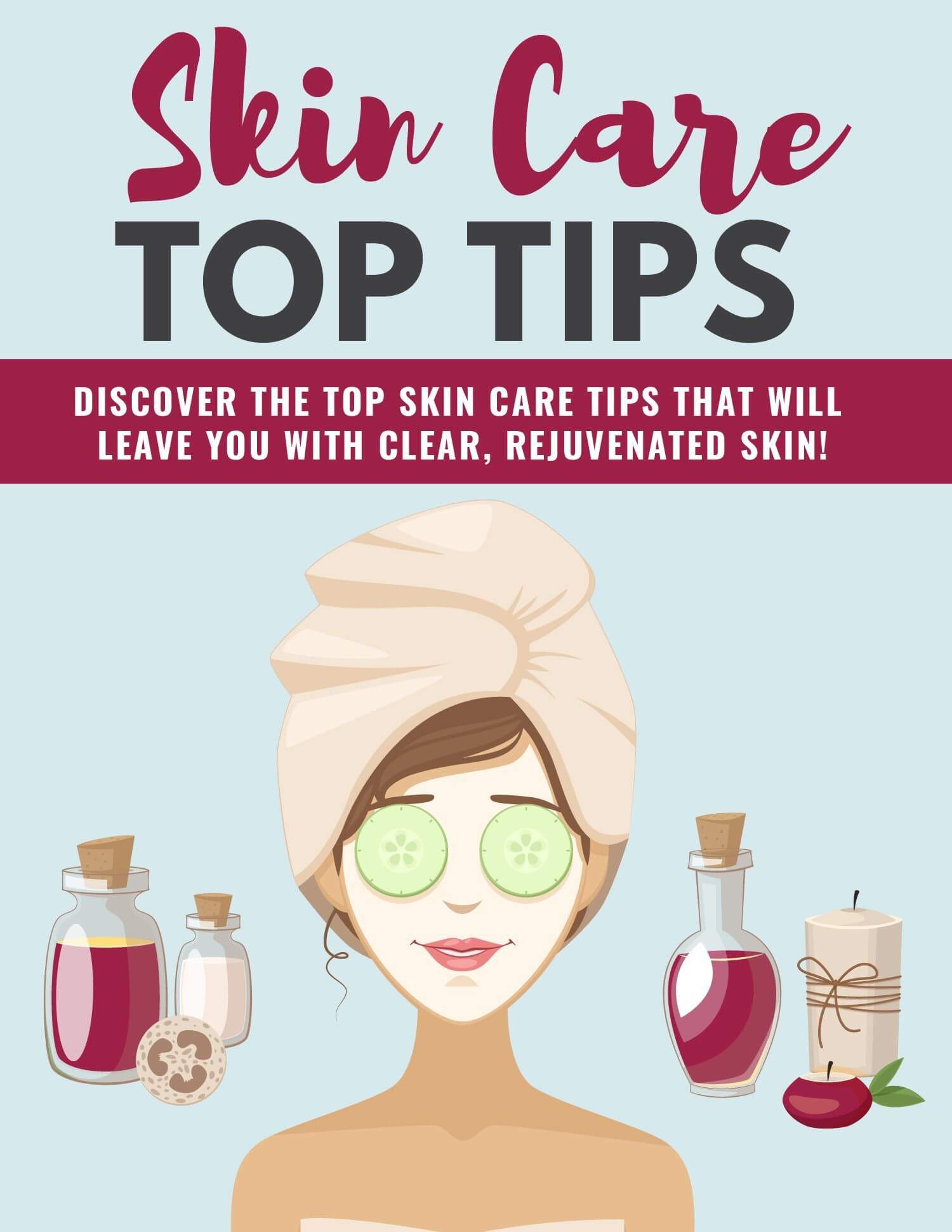We have written previous articles about acne, but new treatments do become available so we thought it about time to bring our readers right up to date with some new options.
Acne is a common skin condition that affects people of all ages, but it is most common among teenagers and young adults. Acne is caused by a combination of factors, including excess oil production, clogged pores, and bacteria. It can manifest as a variety of blemishes, including blackheads, whiteheads, papules, pustules, cysts, and nodules.
While acne is not a serious medical condition, it can be a source of embarrassment and distress for those who suffer from it. There are a number of effective treatments available for acne, but it is important to choose the right treatment for your individual needs.
Types of Acne
There are several types of acne:
- Blackheads: Blackheads are open comedones, meaning that the pore is open at the surface of the skin. Blackheads are caused by a buildup of oil and dead skin cells within the pore.
- Whiteheads: Whiteheads are closed comedones, meaning that the pore is closed at the surface of the skin. Whiteheads are also caused by a buildup of oil and dead skin cells within the pore.
- Papules: Papules are small, red bumps that are caused by inflammation of the pore. Papules can be tender or painful.
- Pustules: Pustules are papules that contain pus. Pustules can be tender or painful.
- Cysts: Cysts are large, pus-filled bumps that develop deep beneath the skin. Cysts can be painful and can leave scars.
- Nodules: Nodules are hard, solid bumps that develop deep beneath the skin. Nodules can be painful and can leave scars.
Acne Pimple Treatment
There are a number of different ways to treat acne pimples. The best treatment for you will depend on the type of acne you have and the severity of your condition.
Over-the-counter treatments
Over-the-counter (OTC) acne treatments are available at most drugstores. OTC acne treatments typically contain benzoyl peroxide, salicylic acid, or sulfur. These ingredients work by killing bacteria, unclogging pores, and reducing inflammation.
Prescription treatments
If OTC acne treatments do not work for you, your doctor may prescribe a stronger medication. Prescription acne treatments can include topical medications, oral medications, or a combination of both.
Topical medications
Topical medications are applied directly to the skin. Common topical acne medications include:
- Benzoyl peroxide
- Salicylic acid
- Sulfur
- Retinoids
- Antibiotics
Oral medications
Oral medications are taken by mouth. Common oral acne medications include:
- Antibiotics
- Isotretinoin (Accutane)
- Hormonal birth control pills
Other treatments
Other treatments for acne pimples include:
- Extraction: Extraction is a procedure in which a dermatologist uses a special tool to remove blackheads and whiteheads.
- Light therapy: Light therapy uses light to kill bacteria and reduce inflammation.
- Chemical peels: Chemical peels use acids to remove the outer layer of skin, revealing new, healthier skin underneath.
Choosing the Right Acne Pimple Treatment
When choosing an acne pimple treatment, it is important to consider the type of acne you have, the severity of your condition, and your budget. It is also important to talk to your doctor about the risks and benefits of each treatment option.
Preventing Acne Pimples
There are a number of things you can do to help prevent acne pimples:
- Wash your face twice daily with a mild cleanser.
- Avoid using harsh soaps and scrubs.
- Use a non-comedogenic moisturizer.
- Avoid touching your face throughout the day.
- Remove your makeup before going to bed.
- Eat a healthy diet.
- Get enough sleep.
- Manage stress.
If you have acne, it is important to be patient and consistent with your treatment. It may take several weeks or even months to see results. However, with the right treatment, most people can clear their acne and achieve healthy, glowing skin.
Here are some additional tips for treating acne pimples:
- Apply over-the-counter or prescription acne treatments to the affected area of skin. Be sure to follow the directions on the product label.
- If you are using a topical acne medication, apply it to clean, dry skin.
- If you are using a prescription acne medication, take it as directed by your doctor.
- Be patient and consistent with your treatment. It may take several weeks or even months to see results.
If you have any questions or concerns about acne pimple treatment, be sure to talk to your doctor or dermatologist.



